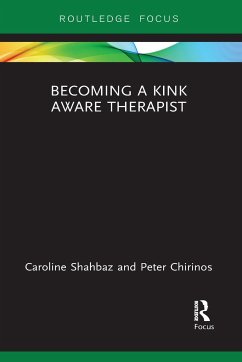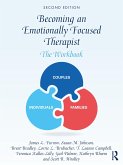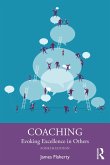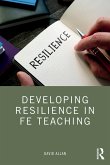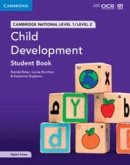As a result of recent media interest, the practice of BDSM has become more mainstream yet remains marginalized. Now more than ever, greater numbers of heterosexual and LGBTQ couples are starting to explore some form of BDSM. However, profound misunderstandings continue leading to unintentional physical and psychological harm.
Drawing on current research and ethnographic narratives from the kink community, this book seeks to provide psychotherapists with an introductory understanding of the culture and practice of BDSM, and presents specific therapeutic concerns related to common misconceptions. This book strives to de-pathologize BDSM practices, while also providing concrete ways to distinguish abuse from consent, harmful codependency, and more. Packed with practical suggestions and rich case studies, this book belongs on the shelf of every therapist seeing BDSM and kink clients.
Drawing on current research and ethnographic narratives from the kink community, this book seeks to provide psychotherapists with an introductory understanding of the culture and practice of BDSM, and presents specific therapeutic concerns related to common misconceptions. This book strives to de-pathologize BDSM practices, while also providing concrete ways to distinguish abuse from consent, harmful codependency, and more. Packed with practical suggestions and rich case studies, this book belongs on the shelf of every therapist seeing BDSM and kink clients.
Praise from the forewords:
"The book lives up to its title. It is the first capable of taking an interested but wholly unexposed and untrained therapist through a process that will result in the ability to handle some complex therapeutic issues-or to know when those issues need referral to someone more experienced. Shahbaz and Chirinos have a commanding understanding of the research and clinical literature. They use their resources to persuade, through rational argument, those therapists who may not understand the paradigm shift within their own profession. The authors quickly and effectively demolish the pathology model by marshalling the scientific evidence used to change DSM-5.... The book is worth reading for the psychoeducational information alone, including the appendices and resources at the end."-Margie Nichols, PhD, founder and president, Institute for Personal Growth; psychologist and sex therapist
"Becoming a Kink Aware Therapist is a much needed book on an understudied and misunderstood clinical issue. Traditionally, sex therapy had focused on married and partnered couples who experience problems of desire, arousal, or orgasm. The study of atypical or variant sexual desire and arousal has featured a psychopathology bias and treatment of the 'identified patient.' In contrast, Shahbaz and Chirinos have written an insightful book for therapists with a focus on a respectful understanding of the culture and practice of BDSM."-Barry McCarthy, PhD, professor of psychology, American University; author: Sex Made Simple and Rekindling Desire
"The book lives up to its title. It is the first capable of taking an interested but wholly unexposed and untrained therapist through a process that will result in the ability to handle some complex therapeutic issues-or to know when those issues need referral to someone more experienced. Shahbaz and Chirinos have a commanding understanding of the research and clinical literature. They use their resources to persuade, through rational argument, those therapists who may not understand the paradigm shift within their own profession. The authors quickly and effectively demolish the pathology model by marshalling the scientific evidence used to change DSM-5.... The book is worth reading for the psychoeducational information alone, including the appendices and resources at the end."-Margie Nichols, PhD, founder and president, Institute for Personal Growth; psychologist and sex therapist
"Becoming a Kink Aware Therapist is a much needed book on an understudied and misunderstood clinical issue. Traditionally, sex therapy had focused on married and partnered couples who experience problems of desire, arousal, or orgasm. The study of atypical or variant sexual desire and arousal has featured a psychopathology bias and treatment of the 'identified patient.' In contrast, Shahbaz and Chirinos have written an insightful book for therapists with a focus on a respectful understanding of the culture and practice of BDSM."-Barry McCarthy, PhD, professor of psychology, American University; author: Sex Made Simple and Rekindling Desire

